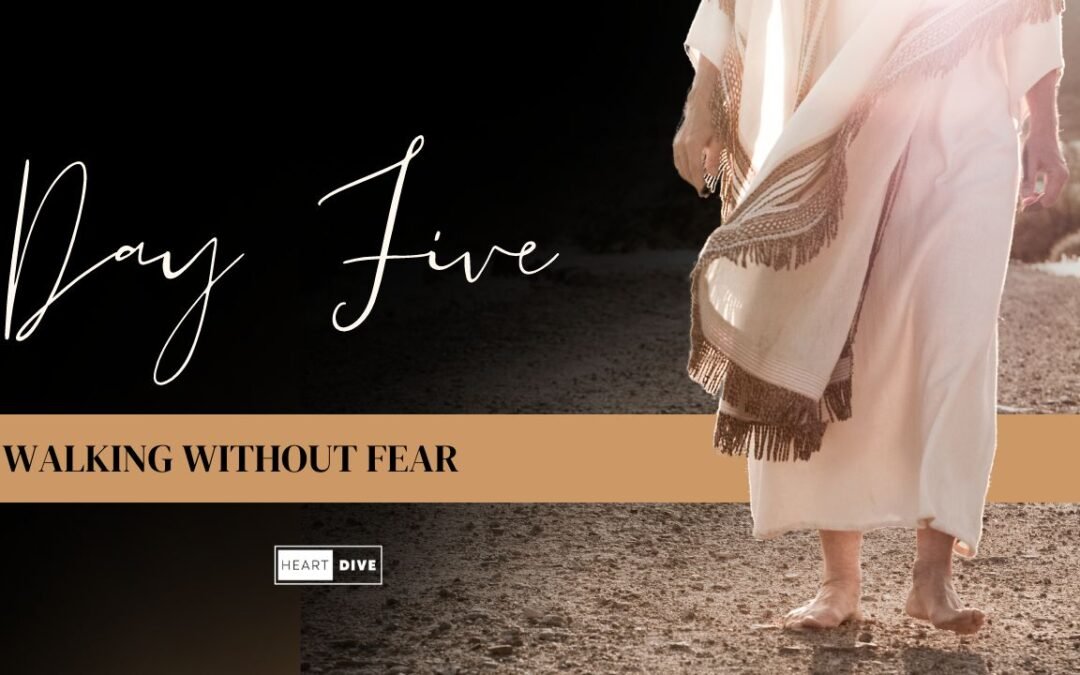Years ago, I was invited to a Passover dinner. First, I am used to a complete Italian dinner at events. I blame my Grandparents for this, so when I attended Passover, I expected this HUGE feast with everything. If you are unfamiliar with Italian feasts, let me put it simply: everything you want to eat at an Italian restaurant will be served in one meal.
When I attended this Passover dinner, I was truly expecting a usual feast. I was surprised at the food that was served and the rituals that occurred throughout the meal. I will confess this to all of you, but I was STARVING by the third course. Give me some grace; I had no idea what I was participating in; if I had, I would have cherished this moment better.
For each course, you were given a small amount of food, and then the head of the family read and sang in Hebrew. Every item you ate had meaning behind it, kinda like how Leviticus seems overwhelming, but God is laying out how to be more like him. Looking back at this moment, I see how priceless it was to be a part of a traditional Passover celebration.
Unknown to me at the time, I took part in Seder. God commanded each Israelite family to sacrifice a lamb and mark their doorposts with its blood. This act was a sign for God to “pass over” those homes during the final plague. The final plague in Exodus 12 was to kill the firstborn son. But God had a plan for his people; he is just and merciful. He had them pick a lamb with no spots or marks. They had to watch and care for this lamb for four days to ensure there was no flaw in it, and then on the 14th day of the month, kill the lamb and paint its blood to the doorposts of their house. This act of judgment against Egypt was a direct consequence of their sin and oppression. At the same time, the Israelites were spared through an act of faith and obedience by sacrificing the lamb and marking their homes. God spares Israel’s sons because a spotless lamb dies in their place, and its blood covers the door.
Does this sound familiar?
To overcome this last plague, the Israelites needed to trust in God and seek his guidance. When was the last time we obediently walked by faith rather than sight?
(2 Corinthians 5:7) Can you even imagine that everyone around them was worshiping false Gods, and God can’t ignore that sin? God is merciful, and He HATES idolatry. So, he provides them a way to atone through the sacrifice of the spotless lamb.
Throughout the New Testament, Jesus is often referred to as “the Lamb of God, who takes away the sin of the world.” (John 1:9). God provided humanity with Jesus, who was fully God and fully man in every way BUT sin! (Hebrews 2:17, 4:15). Throughout the New Testament, Jesus is without sin, making Him the perfect sacrificial lamb. Then, in Revelations, Jesus is referred to as the Lamb multiple times, emphasizing His role in salvation and victory over sin. Jesus was obedient; he knew the calling on his life; he was a sinless and spotless lamb. He willingly sacrificed himself without fear, even stating, “Father, they know not what they do.” But God knew He knew the importance of the Lamb at Passover and Jesus’ death and resurrection.
Jesus is our Passover lamb, His body broken, and His blood spilled for us. Paul elaborated on the victory over death through Christ’s sacrifice in 1 Corinthians 15:55-57, asking, “Where, O death is your victory? Where, O death, is your dying?”. The sting of death is sin, and the power of sin is the law. But thanks to Jesus, the victory over sin and death has been achieved. Just as the Passover lamb’s blood protected the Israelites, Jesus’ blood, shed on the cross, protects believers from the ultimate consequence of sin, which is eternal separation from God. Through His death and resurrection, Jesus conquers death, offering eternal life to all who believe in him.

Heart Checks:
Do you have a false god in your life?
When was the last time we obediently walked by faith rather than sight?
What sins do you need to atone for?
What fear is holding you back from being fully surrendered?


